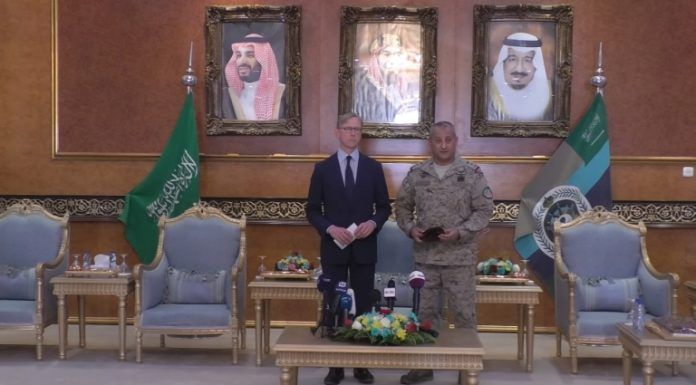By Robin Emmott
BRUSSELS, June 24 (Reuters) – U.S. President Donald Trump is ready to talk to Iran about a deal that would lift American sanctions but Tehran would need to curtail its nuclear and missile programmes, as well as its support for proxies, a senior U.S. official said on Monday.
U.S. Special Representative on Iran Brian Hook told reporters that the United States was looking to agree a treaty that would be ratified by the U.S. Congress, saying the 2015 nuclear accord between Iran and world powers was flawed because it had no legal basis.
“This is a president who is very willing to sit down with the regime,” Hook said, speaking by telephone from Oman, where he is touring Persian Gulf countries before heading to Paris to explain U.S. policy to European powers. “I think the question people should be asking is … why Iran continues to reject diplomacy.”
The United States withdrew last year from the 2015 accord under which Iran accepted curbs to its nuclear programme in return for the lifting of sanctions.
Last week the two countries came the closest in years to direct military confrontation after Iran shot down a U.S. drone. Trump called off a retaliatory air strike minutes before impact.
Throughout the escalation, both sides have suggested they would be willing to hold talks, but the other side must move first. Iran says the United States must lift the sanctions in reimposed since abandoning the deal last year.
Hook, who accused Tehran of “violent responses to diplomatic pressure,” said Iran could come to the negotiating table or watch its economy “continue to crumble.”
“They are in a recession now, it is going to get significantly worse,” he said ahead of an expected announcement later on Monday on further U.S. sanctions.
He said there was no diplomatic contact, or back channel, between Washington and Tehran at present.
Hook said elements of a deal with Tehran would need to involve an end to the arrest of dual nationals in Iran and an end to support for what he said were Iranian proxies in the Middle East who committed clandestine attacks on Iran‘s behalf.
(Reporting by Robin Emmott Editing by Francesco Guarascio and Peter Graff)


